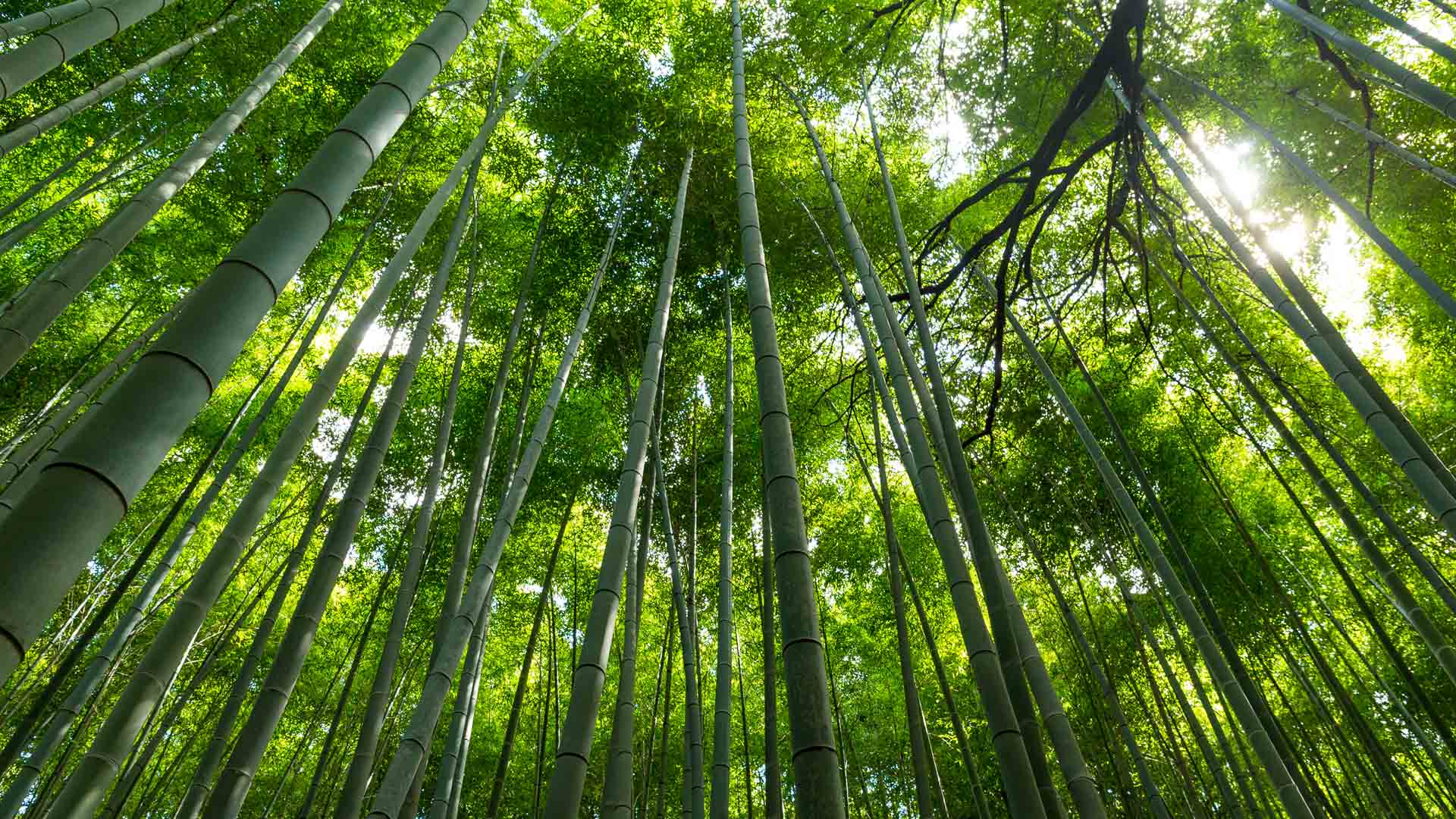Nestlé launched a new initiative to plant two and a half million native bamboo clumps and a million trees over the next three years in the Philippines. This reforestation effort supports Nestlé’s goal to plant 200 million trees by 2030. It also forms part of the company’s plan to scale up actions in regenerative agriculture and deploy nature-based solutions to absorb greenhouse gases and contribute to achieving Nestlé’s net-zero target by 2050.

Chris Johnson, Executive Vice President Nestlé S.A., Chief Executive Officer, Zone Asia, Oceania and sub-Saharan Africa, said: “We are facing a global climate emergency today. Forests stabilize the climate because they store significant amounts of carbon, maintain healthy water and soil systems, and provide habitat to plants and wildlife. Millions of livelihoods also depend on healthy forests. Planting trees in areas where we source our ingredients helps protect and restore food systems. It helps our supply chain and the local communities that grow our ingredients to be more resilient.”

Nestlé is conducting this new reforestation initiative with One Tree Planted, a non-profit environmental organization focusing on global reforestation, and EcoPlanet Bamboo Group who champions the industrialization of bamboo as a sustainable fiber source. Nestlé has kicked off its global reforestation program across the Americas supported in part by its ongoing partnership with One Tree Planted, before expanding it to several countries.
The project is targeting the island of Mindanao for this reforestation initiative. Nestlé sources coffee beans from this region. Planting bamboo native to the Philippines in this sourcing region (known as ‘insetting’) aims to absorb greenhouse gas emissions, conserve local biodiversity, improve water quality and restore degraded soils.

Nestlé’s reforestation initiative is a pillar of the company’s Forest Positive strategy, which looks beyond stopping deforestation, to protecting and restoring forests over the long term. It aims to make a positive impact on the critical agricultural areas where Nestlé sources its ingredients. In addition, it contributes to advancing regenerative and equitable farming systems that help conserve and restore the world’s forests and natural ecosystems, while promoting sustainable livelihoods and respecting human rights. This supports the company’s efforts to accelerate the transition to a regenerative food system.
This reforestation effort in the country adds on Nestlé Philippines’ wider sustainability efforts. Nestlé Philippines is taking a leadership role in tackling climate change by pioneering major environmental programs.

“We recognize that there is much more to do, and this new reforestation initiative will strengthen Nestlé Philippines in pursuing our programs tackling urgent environmental issues. We will continue our trailblazing involvement in the private sector as a Kasambuhay, a trusted companion for the environment, as a force for good,” said Nestlé Philippines Chairman and CEO Kais Marzouki.
Last April, Nestlé Philippines made commitments supporting the country’s Nationally Determined Contribution to reduce GHG emissions by 75% by 2030. Today, 71% of Nestlé Philippines’ electricity comes from renewable resources, and 77% of its packaging is designed for recycling.








